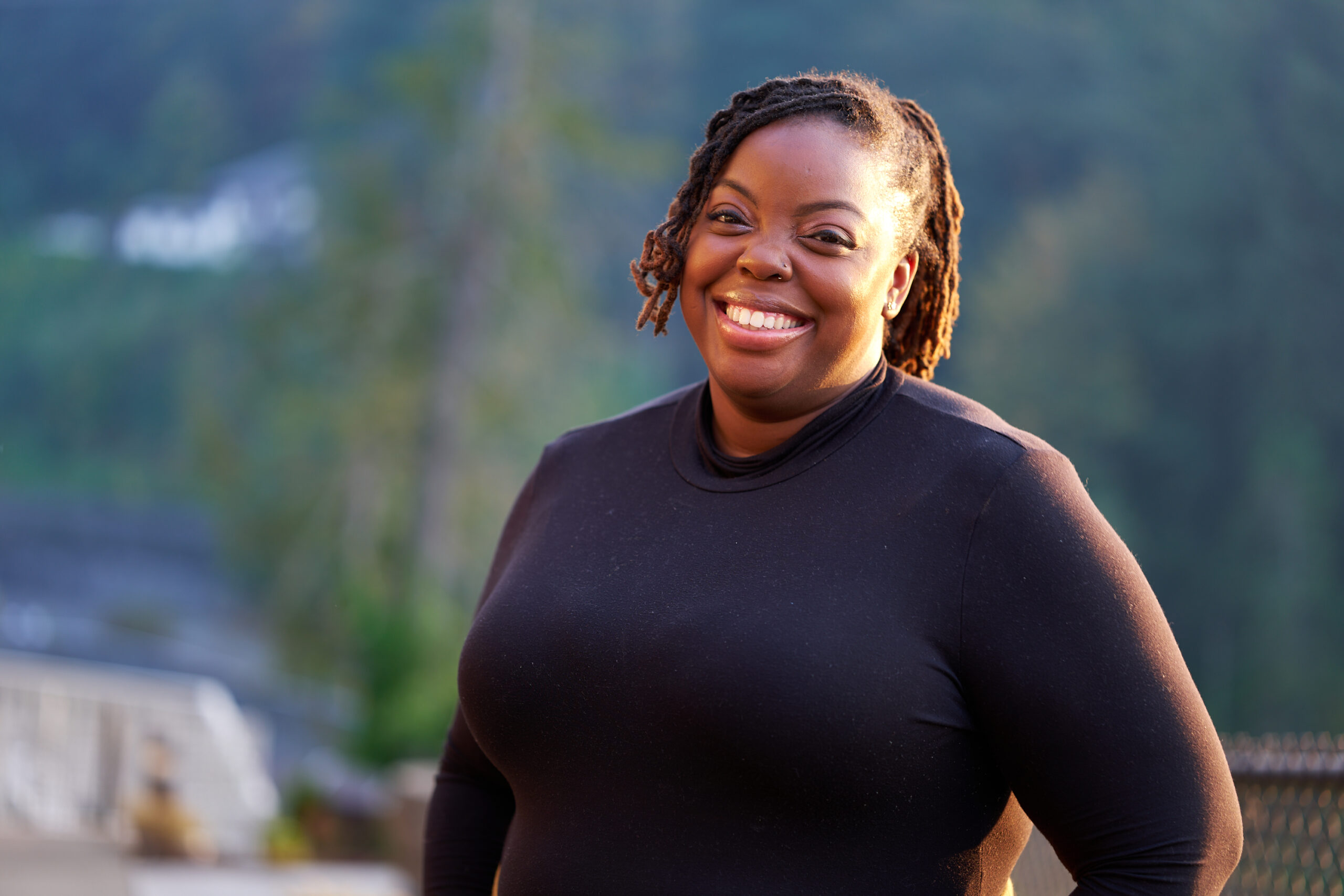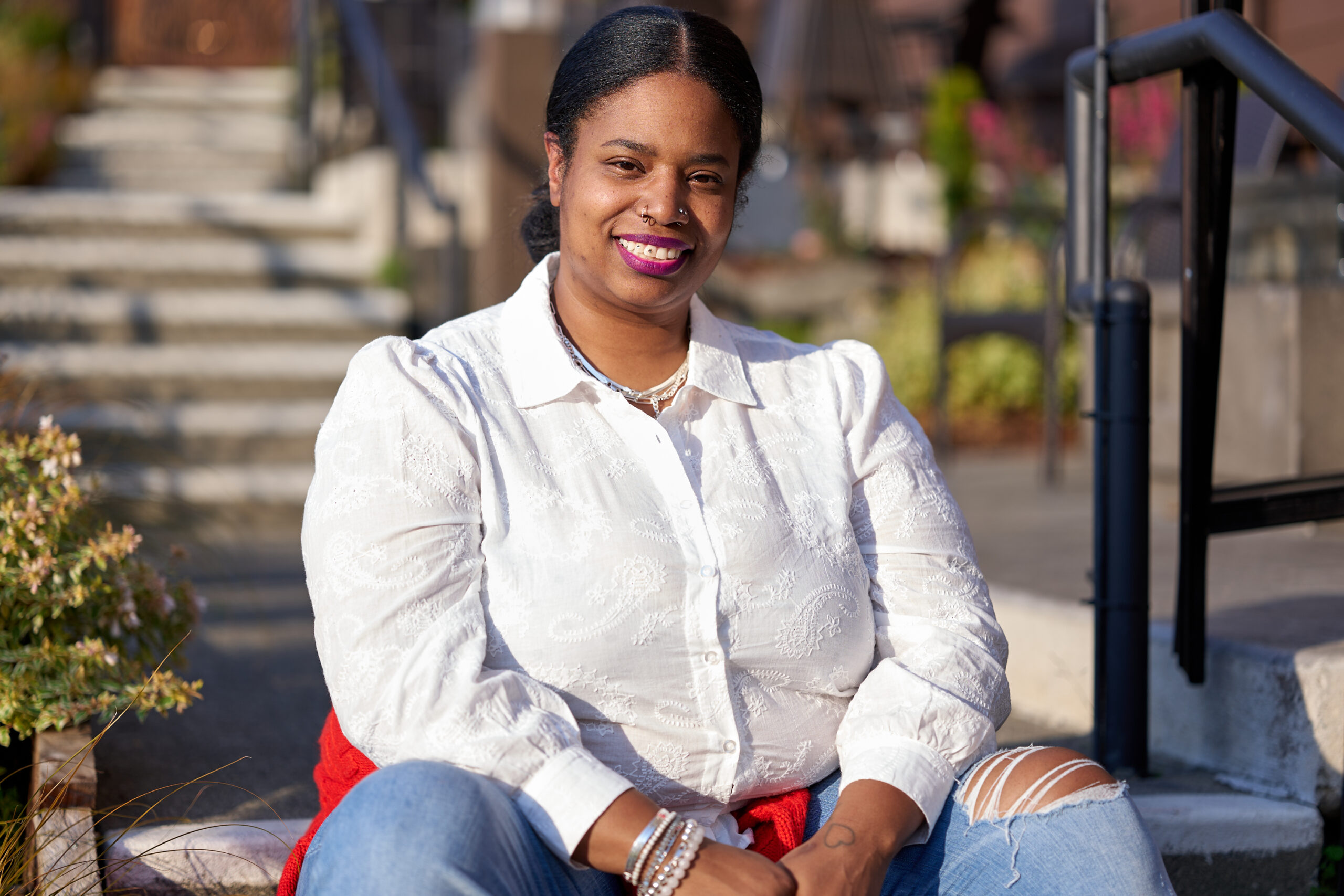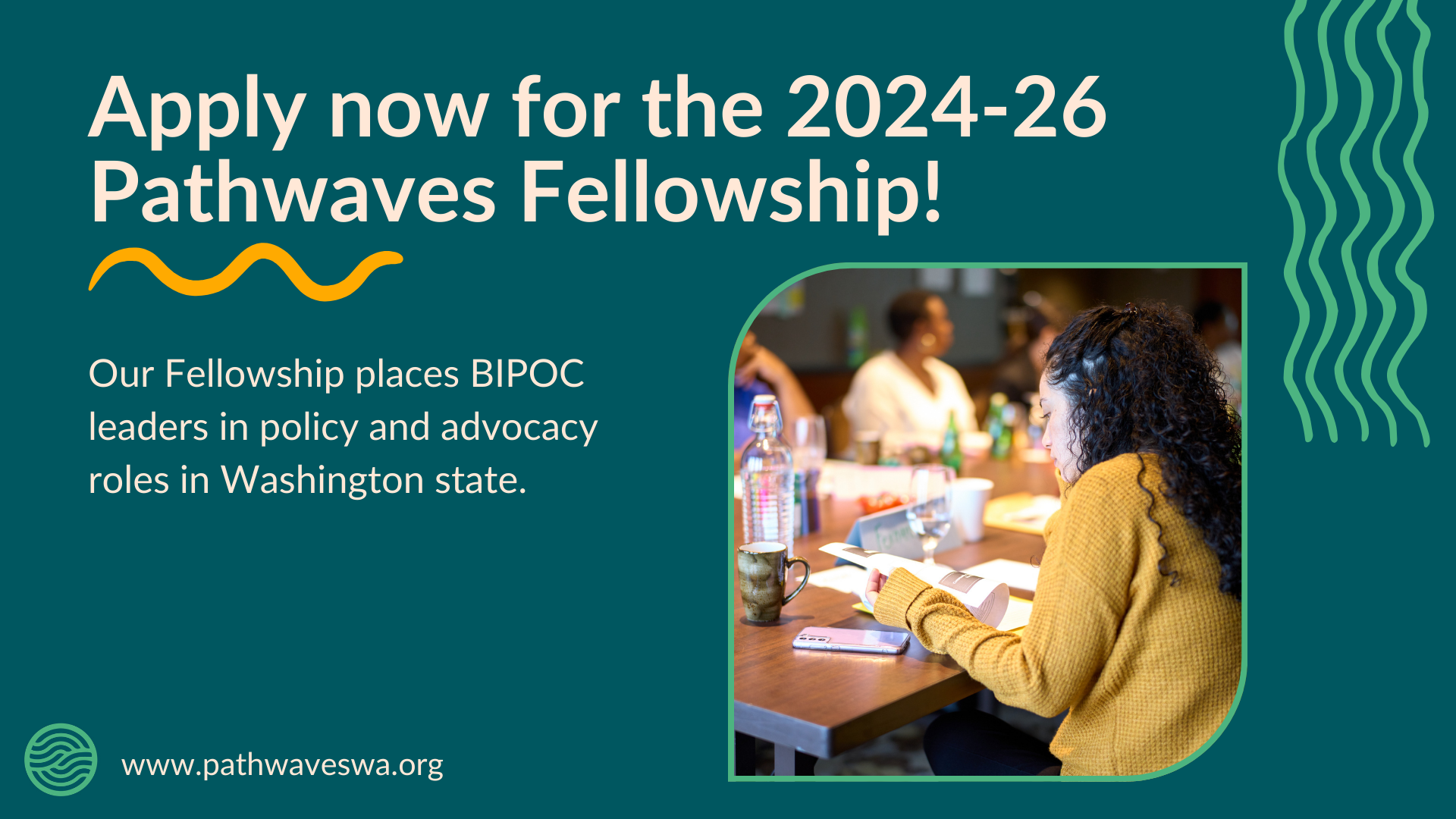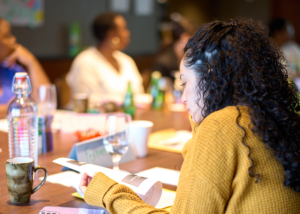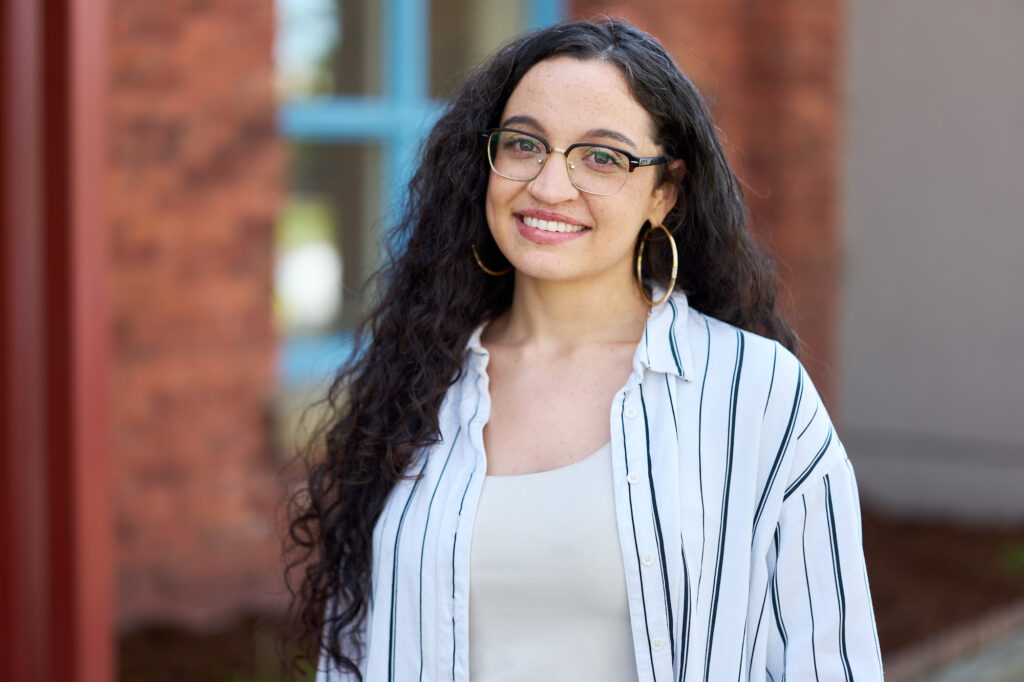
Samantha has been politically engaged since she was a child. Raised with parents on opposite ends of the political divide, healthy debate was a regular activity in her home. From a young age, she was encouraged to form her own opinions and learn to communicate them effectively. Sam’s interest in politics is rivaled only by her passion for education. She began to notice how various systems affected her life as a student and the stark differences in access to opportunities from one school to the next. This led her to ask questions about why resources were allocated the way they were. It was clear some kids were receiving more opportunities than others, and this had everything to do with race and wealth, which are deeply interconnected.
Samantha was a freshman in high school when Trayvon Martin was killed, and it was the first time she had a teacher provide students an opportunity to both process what happened, and discuss racial injustice in a formal education setting. She recognized her school’s unwillingness to teach representative historical accounts on the facts and complexities of race in America. From this moment on, Samantha made it a priority to become a more informed social advocate.
In college, Samantha selected a field of study that would allow her to have a positive impact on the well-being and educational outcomes of individuals, majoring in speech pathology and minoring in disability studies. Her coursework focused on child development and challenges students with disabilities face in school systems. It was the systems-related topics, more than the technical skills, that most interested Sam. She was on course to continue her training as a speech pathologist through graduate school, however, she decided to take some time to determine what she wanted to do with her career. After completing college, she accepted an AmeriCorps position as a literacy tutor in Austin, Texas.
The AmeriCorps experience turned out to be formative. As a literacy tutor, Sam witnessed every day the challenges students from low income, BIPOC, communities face in the classroom. Her role in direct service was making a difference in the individual lives of students, but she realized she wanted to impact systems change. This inspired her to pivot and pursue a Master in Education Policy (MEP) at the University of Washington. Education policy was the space where her passions for politics, education, and race could come together.
After graduation from the MEP program, Samantha wanted to work in an environment that valued lived experience and the voices of direct service providers. A classmate told her about the Pathwaves Fellowship. Samantha was intrigued. The values of Pathwaves aligned with her own, and she saw it as a path to stay rooted in the advancement of social and educational systems change. Samantha was placed with Voices of Tomorrow (VOT). In her role with VOT she has the opportunity to work with immigrant and refugee communities, gaining insight into how federal, state, and local systems impact these communities’ opportunities to define their own meaning of educational and economic sustainability and success.
Learning alongside her peer Fellows has been a highlight of the Pathwaves Fellowship for Samantha. She shares, “it’s been incredibly motivating to collaborate with and learn from the expertise, experience, and perspectives of the other women in the fellowship and at VOT. They have further solidified my passion for the Pathwaves mission to increase the collective voices of women of color in decision-making roles”. It’s difficult to transform systems in isolation, but together, Fellows and their placement site organizations are taking steps toward necessary change.

